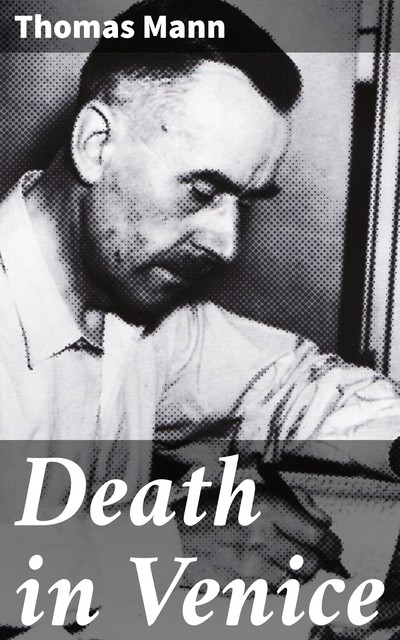Death in Venice
105 afgedrukte pagina’s
- Auteursrechteigenaar
- Bookwire
- Oorspronkelijke uitgave
- 2021
- Jaar van uitgave
- 2021
- Uitgeverij
- Good Press
Impressies
- notlateforkatedeelde een impressie2 jaar geleden👍De moeite van het lezen waard
Рассказ (рассказ!) ввел меня в кризис — вот это сила.
«– Видите ли, Ашенбах всегда жил только вот этак, – тут он стиснул левую руку в кулак, – и никогда вот так, – и он разжал пальцы, расслабленно уронив руку на подлокотник кресла.» — ну это же я ровно.
В общем, быть можно либо стоиком, либо поэтом. По Манну — нельзя быть in the middle. По современной психологии — конечно можно. Захотелось резко добавить себе «бездну» в жизни.
Citaten
- notlateforkateciteerde uit2 jaar geledenEven as a young man this insatiability had meant to him the very nature, the fullest essence, of talent; and for that reason he had restrained and chilled his emotions, since he was aware that they incline to content themselves with a happy approximation, a state of semi-completion. Were these enslaved emotions now taking their vengeance on him, by leaving him in the lurch, by refusing to forward and lubricate his art; and were they bearing off with them every enjoyment, every live interest in form and expression?
- notlateforkateciteerde uit2 jaar geledenYet he knew only too well what the reasons were for this unexpected temptation. It was the urge to escape—he admitted to himself—this yearning for the new and the remote, this appetite for freedom, for unburdening, for forgetfulness; it was a pressure away from his work, from the steady drudgery of a coldly passionate service.
- Jason Bornciteerde uit2 jaar geledenAlmost every artist is born with a rich and treacherous tendency to recognize injustices which have created beauty, and to meet aristocratic distinction with sympathy and reverence.
fb2epub
Sleep je bestanden hiernaartoe
(maximaal 5 per keer)


